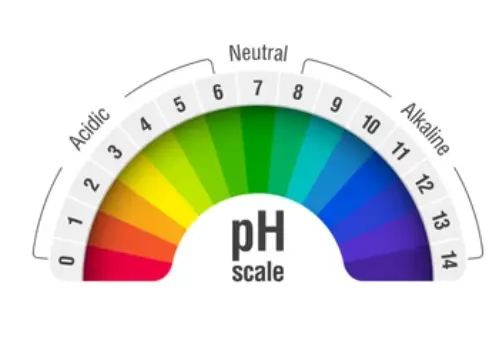 Welcome
Welcome
“May all be happy, may all be healed, may all be at peace and may no one ever suffer."
Kawasaki disease and dermatomyositis - Generics
Kawasaki disease and dermatomyositis are both rare autoimmune disorders that affect the skin and various organs in the body.
Kawasaki disease is a condition that primarily affects children under the age of 5. It causes inflammation in the walls of the blood vessels, including the coronary arteries that supply blood to the heart. Symptoms include a high fever, rash, swollen lymph nodes, red eyes, redness and swelling of the hands and feet, and peeling skin. Kawasaki disease can lead to serious complications such as heart damage, so prompt treatment with intravenous immunoglobulin and aspirin is essential.
Dermatomyositis is a condition that causes muscle weakness and skin rash. The exact cause is unknown, but it is thought to be related to an abnormal immune response. Symptoms include muscle weakness, difficulty swallowing, skin rash, and fatigue. Dermatomyositis can affect people of any age, but it is most commonly seen in children and adults between the ages of 40 and 60. Treatment may include medications to suppress the immune system, physical therapy, and other supportive measures.
Both Kawasaki disease and dermatomyositis are rare conditions, but early diagnosis and treatment are important for preventing serious complications and improving outcomes. If you or your child is experiencing symptoms that may be related to one of these conditions, it is important to seek medical attention right away.

Atopic dermatitis with se...

Head lice

Prevent kidney damage

Open-angle glaucoma

Carcinoma in situ

Alkalinizing agent

Primary ovarian failure

Testicular cancer
Kawasaki disease and dermatomyositis, কাওয়াসাকি রোগ এবং ডার্মাটোমায়োসাইটিস
To be happy, beautiful, healthy, wealthy, hale and long-lived stay with DM3S.